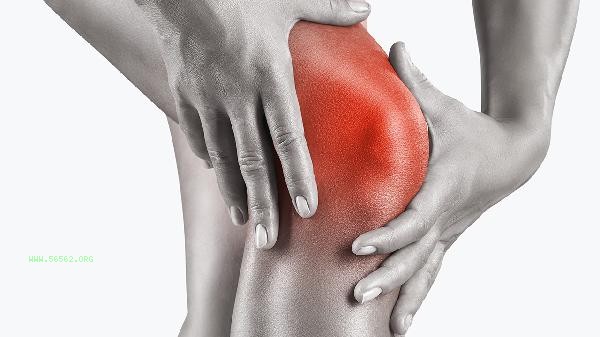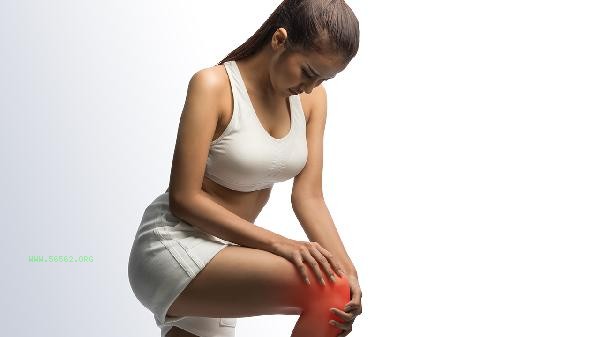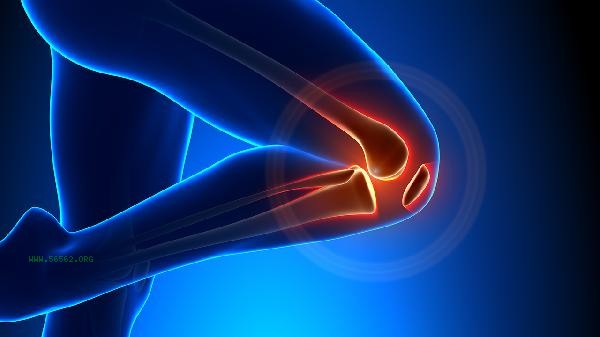Muscle soreness and joint pain may be caused by sports injuries, overwork, osteoarthritis, rheumatoid arthritis, gout, and other reasons. Muscle soreness and joint pain are usually manifested as local pain, swelling, limited mobility, and other symptoms, and targeted treatment should be taken based on specific causes.

1. Sports injuries
Intense exercise or improper exercise posture may cause muscle strains or joint sprains, leading to local pain and swelling. Adequate warm-up before exercise and appropriate stretching after exercise can help prevent injuries. In the acute phase, symptoms can be relieved by ice compress, and in severe cases, medical examination is needed to check for ligament tears and other conditions.
2. Overwork
Maintaining the same posture for a long time or repetitive labor may lead to muscle fatigue and joint strain. Office white-collar workers, manual laborers, and other groups are prone to such problems. Proper rest, adjustment of work posture, and hot compress massage can alleviate symptoms, and physical therapy may be considered if necessary.
3. Osteoarthritis
Osteoarthritis is common in middle-aged and elderly people, mainly characterized by pain and stiffness caused by degeneration of articular cartilage. Obesity, overuse of joints, and other factors may accelerate joint degeneration. Treatment includes weight loss, moderate exercise, taking medication such as glucosamine, and in severe cases, joint replacement surgery may be necessary. Rheumatoid arthritis is an autoimmune disease that often leads to symmetrical joint swelling, pain, and morning stiffness. Early diagnosis and treatment are crucial for controlling the progression of the disease. Common medications include immunosuppressants such as methotrexate and leflunomide, which should be used in a standardized manner under the guidance of a rheumatologist.

5. Gout
Gout is caused by the deposition of uric acid crystals in the joints, commonly found in the big toe joint, characterized by sudden and severe pain and redness. High purine diet, alcohol consumption, and other factors may trigger gout attacks. During the acute phase, symptoms can be controlled using colchicine, nonsteroidal anti-inflammatory drugs, etc., while long-term treatment requires dietary control and uric acid lowering drugs.
For patients with muscle soreness and joint pain, it is recommended to maintain a regular schedule and moderate exercise to avoid overexertion and joint catching cold. Pay attention to balanced nutrition in diet, and supplement calcium and vitamin D appropriately. Obese individuals should control their weight to reduce joint burden. When symptoms persist or worsen, timely medical attention should be sought to clarify the diagnosis, and standardized treatment should be carried out under the guidance of a doctor to avoid self medication delaying the condition. Daily low impact exercises such as swimming and cycling can help enhance muscle strength and joint stability.










Comments (0)
Leave a Comment
No comments yet
Be the first to share your thoughts!